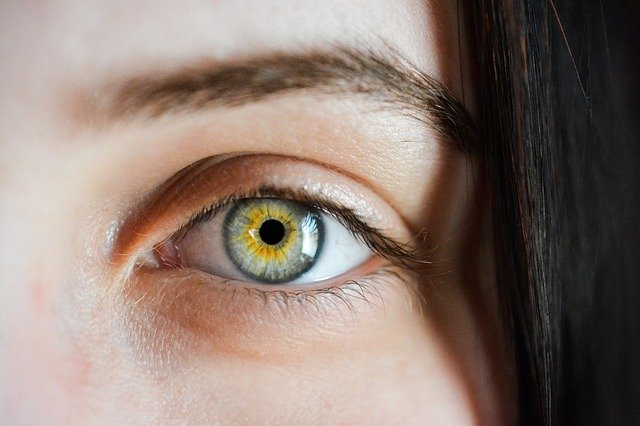An injury to the eye retina is responsible for the loss of sight in humans. This part of the eyeball is one of the few tissues we cannot regenerate. However, Zebrafish are capable of regenerating it.
The funny thing is that we share 70% of our genes with these little fish, and scientists have just discovered that among them are those that give zebrafish the ability to regrow their retinas.
“Regeneration seems to be the predetermined state, and the loss of that capacity occurred at multiple points in the evolutionary tree,” explains Johns Hopkins University neuroscientist Seth Blackshaw.
The retina is the part of our eyes that reacts to light. It contains rod and cone cells, as well as neurons and synapses that transmit information from the received light to our brains.
The retina is formed from brain tissue and is a part of our central neural system.
Mueller glial cells are also part of this tissue; They cleanse neurotransmitters and other wastes, store important molecules, provide physical support, and call on the immune system for outside help when needed. In some fish and reptiles, these cells also regenerate neurons, but not in mammals.
Johns Hopkins scientist Thanh Hoang and his colleagues have observed how these cells respond after injury in zebrafish, chicks, and mice. In all three species, immune cells set about cleaning damaged tissue and fighting off potential invaders. But the process stopped in the mice and prevented them from transforming into retinal cells.
The researchers also found that Muller cells from all three species stopped producing nuclear factor I – a protein that prevents the cell from accessing DNA fragments – after the injury to the retina, thus turning off genes. But in mice, this protein started to show up again quite early.
“Our research, in general, indicates that the regeneration potential is there in mammals, including humans, but that some evolutionary pressure has deactivated it,” Blackshaw explained.
The team suspects that the loss of this ability may be related to a compromise between regeneration of central nervous system cells and resistance to parasites. Glial cells help restrict the spread of infections, and if they become neuron-producing cells, they cannot.
“We know that certain viruses, bacteria and even parasites can infect the brain. It could be disastrous if infected brain cells were allowed to grow and spread the infection through the nervous system,” Blackshaw said.
Scientists want to study in detail the retinal recovery system in animals to know how it can be used to cure blindness in humans.
